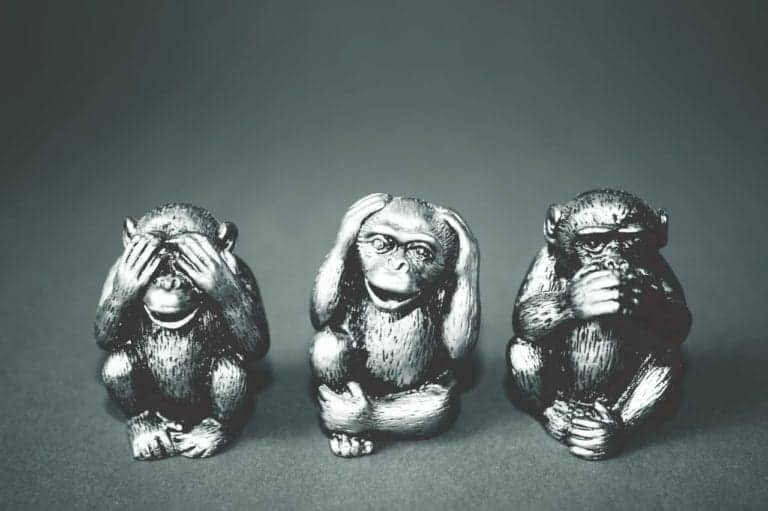Poly relationships are becoming increasingly common.
In our grandparents or greatgrandparents time the idea of a ‘normal’ romantic relationship was a man and a woman falling in love, getting married for life and raising 2.4 children – the so-called ‘nuclear family’.
Anything else was abnormal and even a threat. Religious and Political groups and leaders encouraged disapproval, sanctions and even criminal laws against any other arrangement.
Sadly, some countries – both overly religious but also secular – still have that as a prevalent view, up to the point of draconian State reprisals for anyone who does not conform.
Here at Safe Place Therapy, we know full well that there’s nothing immoral, unnatural or wrong about poly relationships, whatever the gender or sexuality of those involved.
Anyone looking at the facts knows poly relationships are simply just one set of arrangements for handling romance and for child rearing. They can be as warm, caring, supportive and positive as any other.
We do not judge, condemn or criticize because there is simply no reason to.
Poly Relationships are Normal
In fact, science and research now tells us that there’s nothing ‘normal’ about that particular nuclear family arrangement. If you take the broad sweep of human societies across the world and across time, pretty much any combination of romantic arrangements can be found.
Polygamy based Marriage (one man, two or more women) is still common today. Polyandry based Marriage (one woman, more than one man) was still being practiced in at least 50 societies when the last surveys were done and is still going on in places today.
Looking back into history, the Greeks and Romans, while having a cultural norm of marriage between a man and a woman, openly practiced many forms of poly relationships in many different sexual orientations.
In fact, we know that polyandry was practiced in Ancient Mesopotamia more than four thousand years ago.
So, they are normal, but they can also be very complex.
Why Poly Relationships can be Complex
Any good psychologist, therapist or counselor knows that two root causes at the heart of many issues is understanding.
First, we generally don’t really understand ourselves. Without getting some expert help to find out, most of us go through life not really understanding why we do the things we do and especially why we date and marry some kinds of people.
Secondly, we all to a greater or lesser extent don’t really understand other people at times too. Now in extreme cases of this phenomena, we stick labels on people like ‘Asperger’s’ or “Autism”, but the truth is all of us have some degree of emotional myopia.
We might think we understand someone then one day circumstances or events mean we realize we don’t. This second point should not come as much of a surprise. Since we all struggle with self-knowledge, we are likely to struggle with other people too.
So, introduce a third or even fourth person into the mix of polyamorous relationships and things get complicated. Think about all the possible combinations of misunderstanding, misjudging and generally things getting in the way.
People motives about getting into polyamorous relationships are complex too, and often we don’t really understand ourselves why we do it.
Why does ‘poly’ exist?
Polyamorous relationships have always been around but today, they are more out in the open, so why does ‘poly’ exist?
Everyone’s relationship is different, and people have different wants, needs, and dreams. So romantically why should this aspect of our lives be any different?
Poly relationships might come down to personal preferences, unmet needs, new focuses or previously unacknowledged wants that aren’t being recognized, met or wanted in a primary one to one relationship.
It’s not the case that sex is always the driving force and no one whose worry “am I being too promiscuous by wanting to be poly?”. In fact, emotional warmth, recognition, understanding, sharing and companionship are usually all in the mix too, to a greater or lesser extent.
Famous poly relationships go back to Alexander the Great. And more recently include Anais Nin, who successfully shared her romantic life with both her husband and writer Henry Miller. Love triangles don’t have to be sexual in all the dimensions. For example Beatle, George Harrison, Patti Boyd, and Eric Clapton all deeply cared for each other. And they maintained friendships long after the romantic element had died out.
However, when sex does get added across all the poly relationship, things get more complicated still.
Poly Relationships, Sex and Attachment
The sex drive evolved to make sure species didn’t die out and it is a very powerful force, with underlying urges and tensions we don’t always appreciate the full force of. Jealously is regarded in common sense thinking as an irrational and negative force. The science is that jealousy is there for a very good reason – you try to ensure our genes get passed on via our partner, not someone else’s.
If any of our ancestors were truly free of jealousy, over time, natural selection helped remove them from the gene pool. So one thing we discuss at Safe Place Therapy poly counselling is how to acknowledge jealousy and deal with it in a healthy way.
Fear of lost attachments are also potent forces in poly relationships. We are social animals and we want and need to be loved, praised, valued and taken care of. If these bonds feel threatened, we become anxious, insecure and confused. This can turn inwards into depression or outwards into ‘acting out’ or even aggression.
So, another aspect of Safe Place Therapy poly counselling is exploring our fears and anxieties about the possibility of loss.
Finally, it’s a fact that not all poly relationships are healthy. At Safe Place Therapy we will never judge you or criticise you. However, just as there are in two-way relationships, in three-way relationships there can be one or more individuals whose motives may not be your best interest.
Recent scientific breakthroughs show about 1% of any population has severely less capacity for empathy than the rest of us ‘neurotypicals’. These individuals may have a manipulative view of relationships. It’s important if that is present for it to be identified.
We can help
In conclusion, poly relationships can be positive, healthy and life affirming. They can get complicated from time to time and that’s the time to ask for help.
Safe Place Therapy do not judge and are entirely confidential and respectful. We are experts in this field and will offer you effective counselling that will let you get the very best from your relationships.



